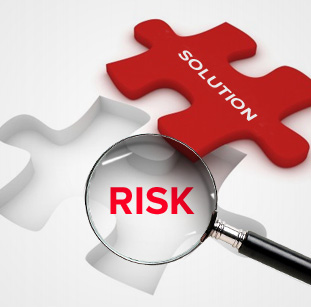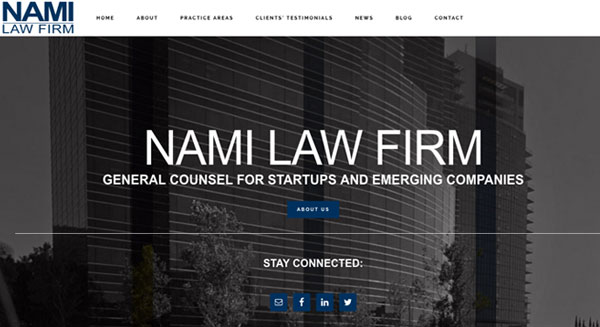
First of the Business Acquisition Series
Published 7/21/17 by Nima Nami
If your answer to this question is both, consider buying a business instead of starting one from scratch.
The cheeky title of this short blog aside, there are compelling reasons to acquire an ongoing business with established model and history of earnings. According to Harvard University senior lecturer Shikhar Ghosh, 75% of venture-backed start-up businesses fail. U.S. Bureau of Labor Statistics shows that about half of all new businesses survive five years or more, and about one-third survive ten years or more. This seems to be consistently the case in good and bad economic times.
Eliminate Some of the Risk of a Start-Up
The reality of start-up failure can be addressed by acquiring a time-tested business that has a developed brand, customer base, and infrastructure already in place for continued viability and growth. The “smart lazy” entrepreneur with the right strategy can essentially step in the shoes of the prior owner and hopefully reap the benefits of years of trial & error and hard work eliminating the time and risk associated with starting a new venture.
Another significant advantage of acquiring a business is the available financing. Traditional lenders (and often the seller) will extend credit to a buyer, banking on the business’ existing assets and goodwill. This financing advantage further reflects the risk in acquiring an existing business against starting a new one from a lender’s perspective.
Due Diligence is Key
Acquiring a business though hardly eliminates risk. Identifying the right acquisition requires a disciplined approach beginning with a focused search criteria of industry, geographic area, and opportunities that match the buyer’s relevant skill sets and experience. You can’t find the right business to buy if you don’t know exactly what you’re looking for.
Once you’ve identified potential acquisition candidate(s), due diligence becomes paramount. The buyer should be prepared to invest the time and resources to examine each aspect of the business, including the target company’s intellectual property rights, financial statements, leasehold, employment practices, and relationships with customers and vendors to verify that the value of the business is actually what the seller represents. Once verified, the product of the buyer’s due diligence and the seller’s representations should be properly documented in the purchase agreement with specially tailored representations and warranties and indemnification provisions.
The upshot: Acquiring an existing business with focus on due diligence and properly drafted documentation can eliminate some of the risks associated with business ownership and afford the entrepreneur with a significant head start and platform for future growth.
Look for upcoming blogs by Nami Law Firm addressing specific components of due diligence and important deal points in this Business Acquisition Series.
Disclaimer: This article discusses general legal principles for discussion purposes only and may not reflect the laws of a particular jurisdiction. This content should not be taken as advice on your particular legal or situation and objectives. You should not take any action without first seeking the advice of an attorney familiar with your particular situation. Nami Law Firm disclaims all liability in respect to any actions taken based on the contents of this article.


